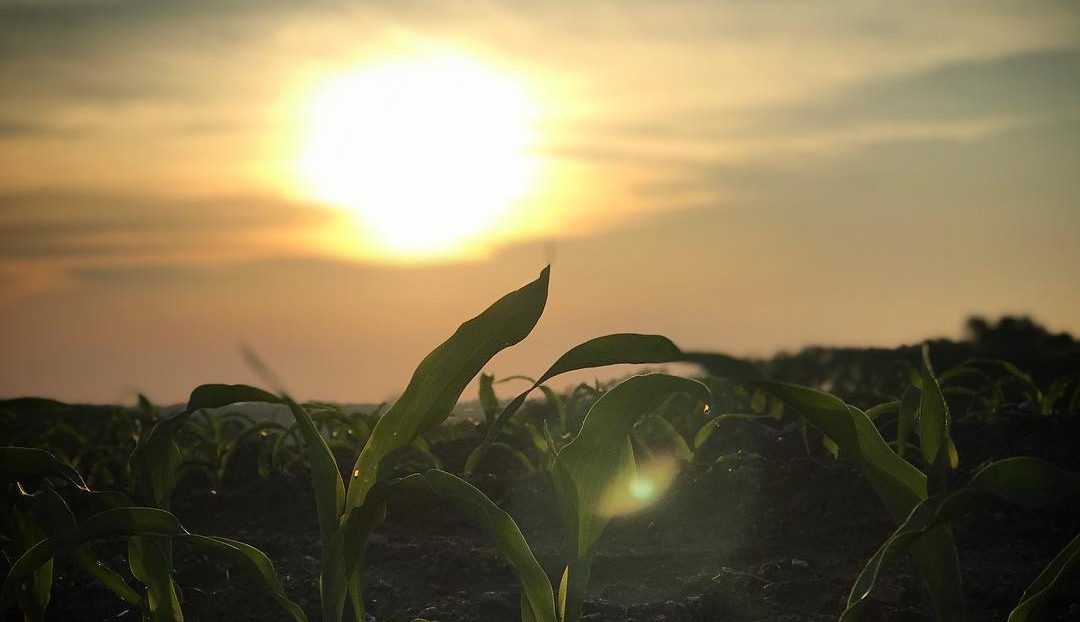Water Glassing Eggs


(this post contains affiliate links, see the details in my affiliate disclosure)
So, we are something of chicken farmers. Our flock expands and shrinks throughout the year, some growth is planned, e.g. broilers or quail for meat and some is not e.g. run into Bomgaars or Tractor Supply and can’t resist the cute floofy balls of cuteness! I’m not sure if myself or my husband is worse about that…either way, between friends giving us birds they couldn’t take care of anymore, the lack of impulse control, and hatching chicks in our incubator we ended up with over 100 laying hens last year! At the peak of the laying season we were in excess of 45-50 eggs a day! We couldn’t eat or sell them fast enough.

During that time, I happened across a post on Facebook talking about a centuries old preservation technique called ‘water glassing’ eggs. The act of preserving eggs in a shelf stable manner for years at a time. This method is great for putting eggs up for a rainy day, or in our case, winter, when our hens typically become freeloaders. With the ever-rising cost of groceries it is great to be able to put excess food away for later. This serves two purposes, one, it cuts down on waste, not much is more painful than having to throw out hard worked for food that has gone bad. It also gives you peace of mind in case of food shortages. Without further ado, lets get to the meat of it!

You will need:
Clean, unwashed eggs
Distilled water (I recommend this water distiller)
Pickling lime or Calcium Hydroxide
A food scale, I use the (older version) digital food scale (#100271) from Pampered Chef

The bloom (the protective coating from the chicken) protects the egg from bacteria, it is essential they remain unwashed until you’re ready to use them. Fun fact, unwashed eggs can store on the counter for up to two weeks or in the fridge for up to three months!
For the water, I highly recommend distilled water to be sure it is free of any chemicals or minerals. If you do a lot of preserving or fermenting, I suggest purchasing a water distiller. I purchased mine in 2019 and it gets used almost daily (if not multiple times a day) for coffee, humidifiers, and all the kitchen projects I do. This is the water distiller I have, it has served us well and been through some rough handling due to a particularly wild moment by one of our dogs.

The amount of pickling lime with depend on how many eggs you are using and what size of container you have. The formula to create lime water is 1 ounce (by weight) of lime to 1 quart (by volume) of water. Mix this together until dissolved.

Fill the container of choice with the clean, unwashed eggs. A half gallon jar will hold approximately 17 eggs and a gallon jar holds around 35 eggs. Then cover eggs completely with the lime/water mixture. I chose a container with a lid to keep out dust and bugs but you can also just cover with a towel. Be mindful of the depth of your container, if it is too deep it can cause some of the eggs to crack from the weight.

I stored my completed jars in our dark, cool basement for one year before testing. I originally planned on testing them at 6 months, 12 months, 18 months, and 24 months and possibly longer as my own test of longevity. Unfortunately, life got in the way and before I knew it a year had rolled around. But even at the 12 months mark the eggs were still great! When opening the jar I did not notice any odors so it appeared all the eggs remained intact. An odor would indicate that an egg had broke and become rotten. If that were the case, the intact eggs should still be good. I personally would move the good eggs to a new lime water solution, or use them, and toss out the bad egg(s) and smelly solution, but this is not necessarily required.

I cracked each egg separately in a bowl before frying or adding them to a recipe just to double check quality. The yolk broke immediately and was quite a bit runnier than a fresh egg, you probably would not be able to do an egg sunny side up at this point. The yolk was also still bright in color and had no odor to it. Overall, it was still aesthetically pleasing and if you didn’t know it was water glassed, you probably couldn’t tell.

I decided to prepare them multiple ways. First, I fried them as I would an over-hard egg. This turned out a great tasting egg! I did not taste any hint of lime, my husband claimed he did in one of the bites. Secondly, I hard boiled some. Sadly, this did not work out. My best guess is that sitting in liquid for a year soften the shells because every single egg exploded in the boiling water.

Thirdly, they were used in baking cookies. This was also a win! No unusual flavor, texture, or consistency. Overall, I would highly recommend this method to anyone looking to preserve eggs. I will follow up in the next year to review how well the 18- and 24-month taste testing goes!


1 Comment
Robert Nicholas · May 14, 2022 at 10:24 am
Thank you for sharing this food preservation process! These ol school ways will be invaluable for combating shortages and inflation.